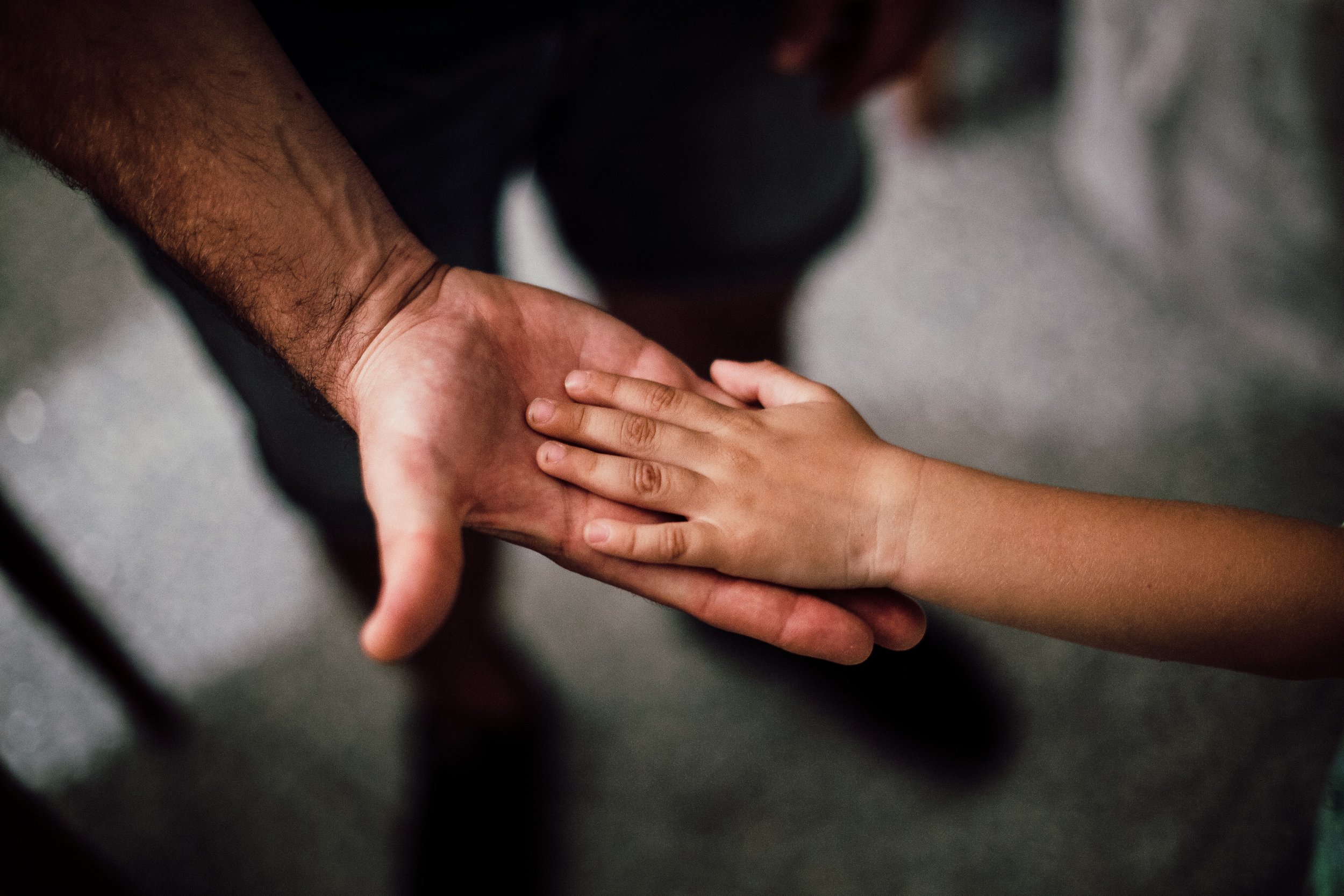
Hawaiʻi coalition calls for tax fairness for local needs
As Hawaiʻi struggles to meet growing needs in housing, education, health care and climate resilience, a broad coalition of community groups, labor unions and nonprofit advocates is pushing lawmakers to confront a long-standing question: how to pay for it.

Escalating climate disasters could make homes uninsurable, new report warns
Hawaiʻi is facing a rapidly escalating insurance crisis driven by climate change, aging housing, and a sharp retreat by private insurers, according to a new report released by the Hawaiʻi Appleseed Center for Law & Economic Justice.
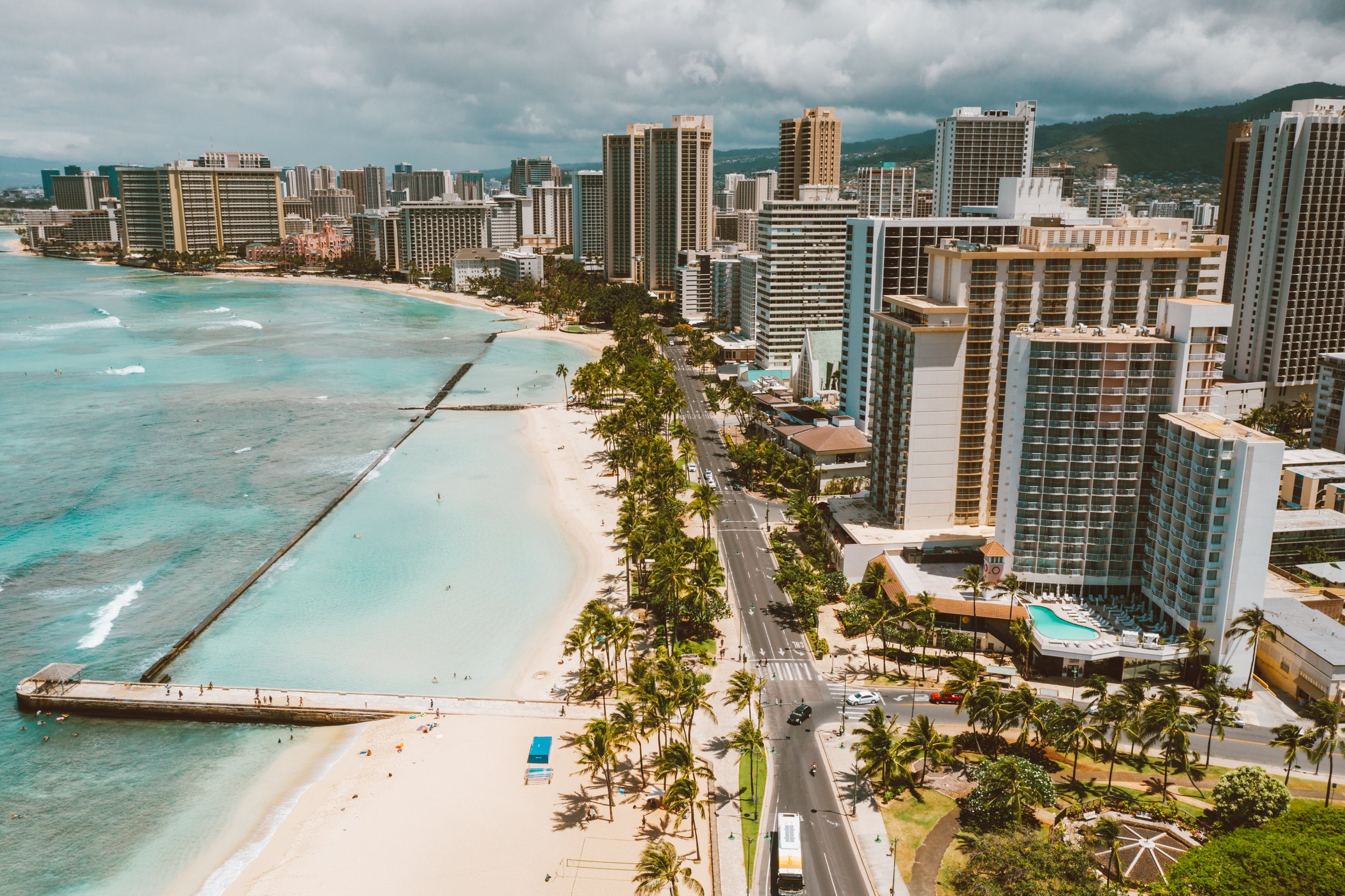
Climate disasters are an affordable housing problem
U.S. policymakers need to think about affordable housing as part of their resiliency strategies. The next Lahaina could be a hurricane in the Gulf Coast, a storm in the Northeast or a massive wildfire in California. Having a healthy stock of protected and affordable housing should be part of our cities’ climate emergency plans.
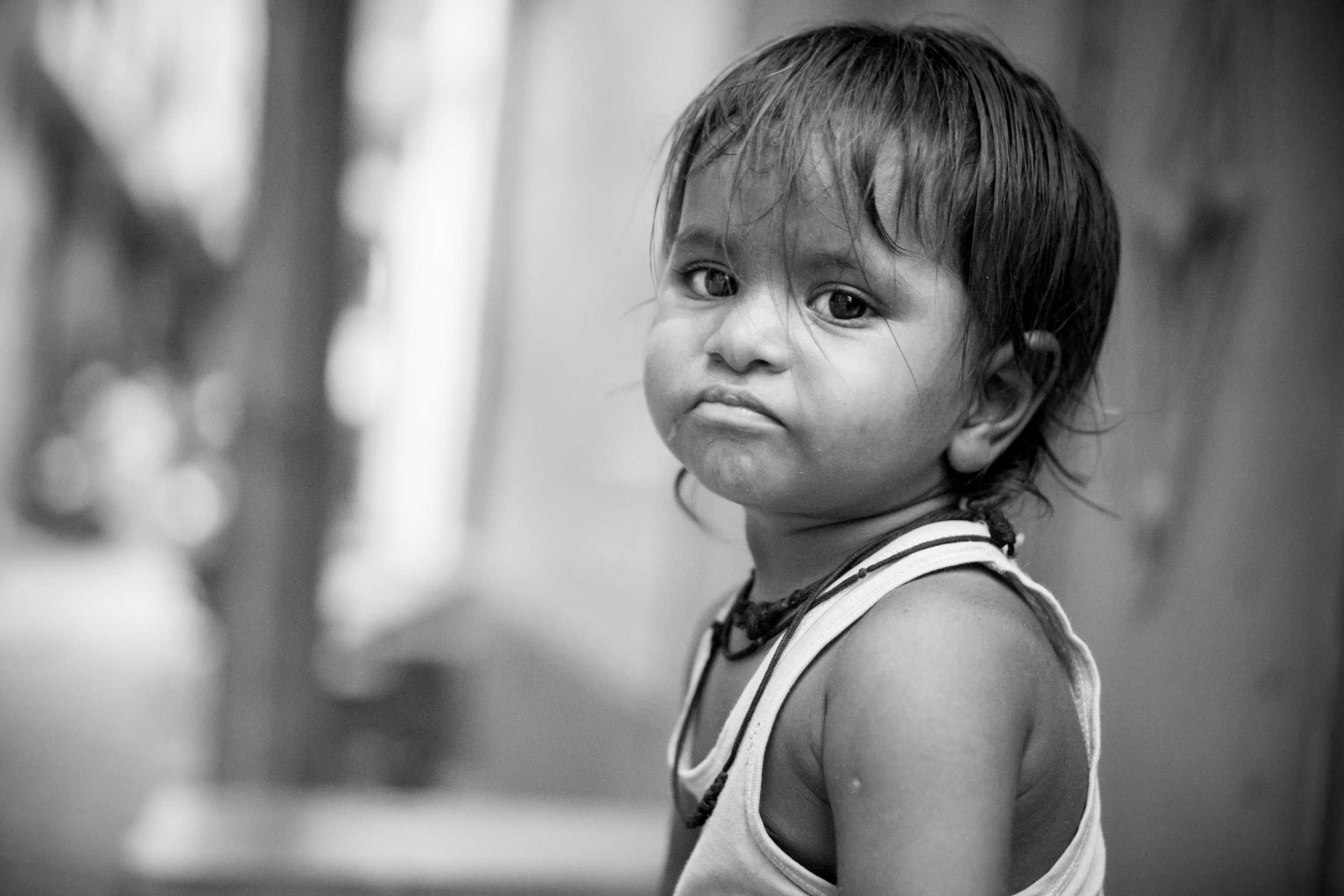
Hawaiʻi sees ‘startling’ increase in number of children facing hunger
Even as benefits programs expand and school meal programs shift, food insecurity is expected to continue to grow in the islands.
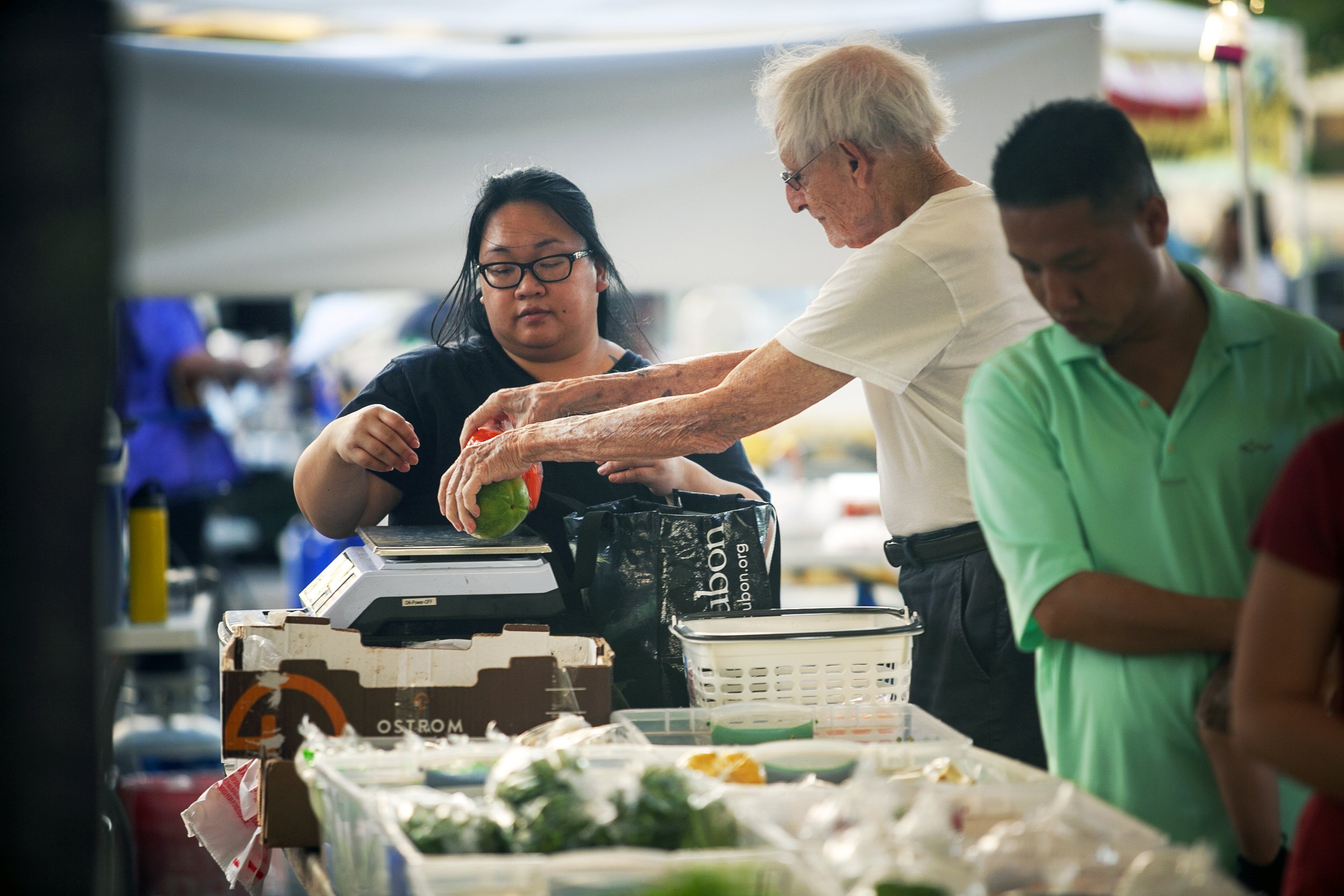
Bill would expand DA BUX food program
The measure is intended to provide low-income people easier access to healthier food choices and to help local farmers and ranchers.

Hawaiʻi landlords rejecting $8M in overdue rent
Some island landlords have rejected about $8 million in direct payments to cover the rents they’re owed because they do not have general excise tax licenses and are not paying taxes on their rental income.

As economic pain of pandemic widens, need for food stamps soars
The number of Hawaiʻi residents receiving SNAP benefits has risen from about 155,000 last year to 179,000—a 15.4 percent increase.

Sowing seeds of service
“Our work is to bring all these different sectors together and create lasting solutions and changes.”

ACLU calls for homeless sweeps to stop while MPD clears out Kahului camp
More than 70 officials, organizations and individuals released a statement calling for a halt to “sweeps” of the houseless community during the pandemic.

We have a chance to build a more equitable, resilient Hawaiʻi
Together, we can bring about a more equitable and resilient future that honors the people, land, culture, and values of Hawaiʻi.

Whatever politics are in play, politicians must get money to those hurting most in Hawaiʻi
Nearly one-third of adults in Hawaiʻi either missed last month’s rent or mortgage payment, or have “slight or no confidence that their household can pay next month’s rent or mortgage on time.”

Hawaiʻi’s food security shaky heading into hurricane season
Almost all food the state of Hawaiʻi consumes comes through the Port of Honolulu, and there is currently no redundancy in the event of an emergency like a hurricane.
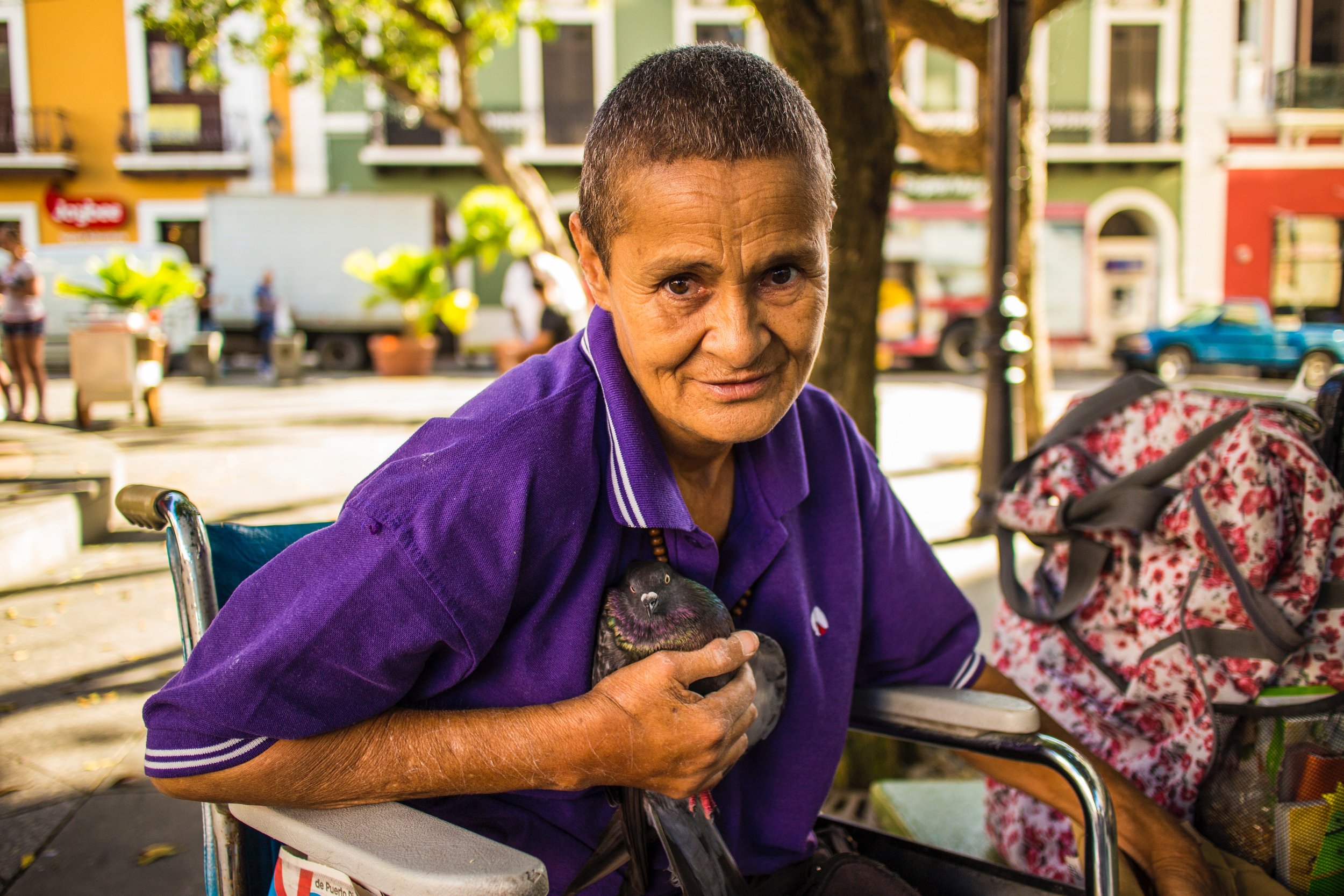
Strengthening Hawaiʻi’s food systems: keeping kupuna fed
Disaster preparedness experts have worried for years about Hawaiʻi’s food security. The COVID-19 disruption has made kūpuna particularly at risk for hunger.

Aim higher for Hawaiʻi’s minimum wage
Job losses have not been linked to past raises. The EITC has not sufficiently offset poverty levels. Nearly half the population barely gets by.
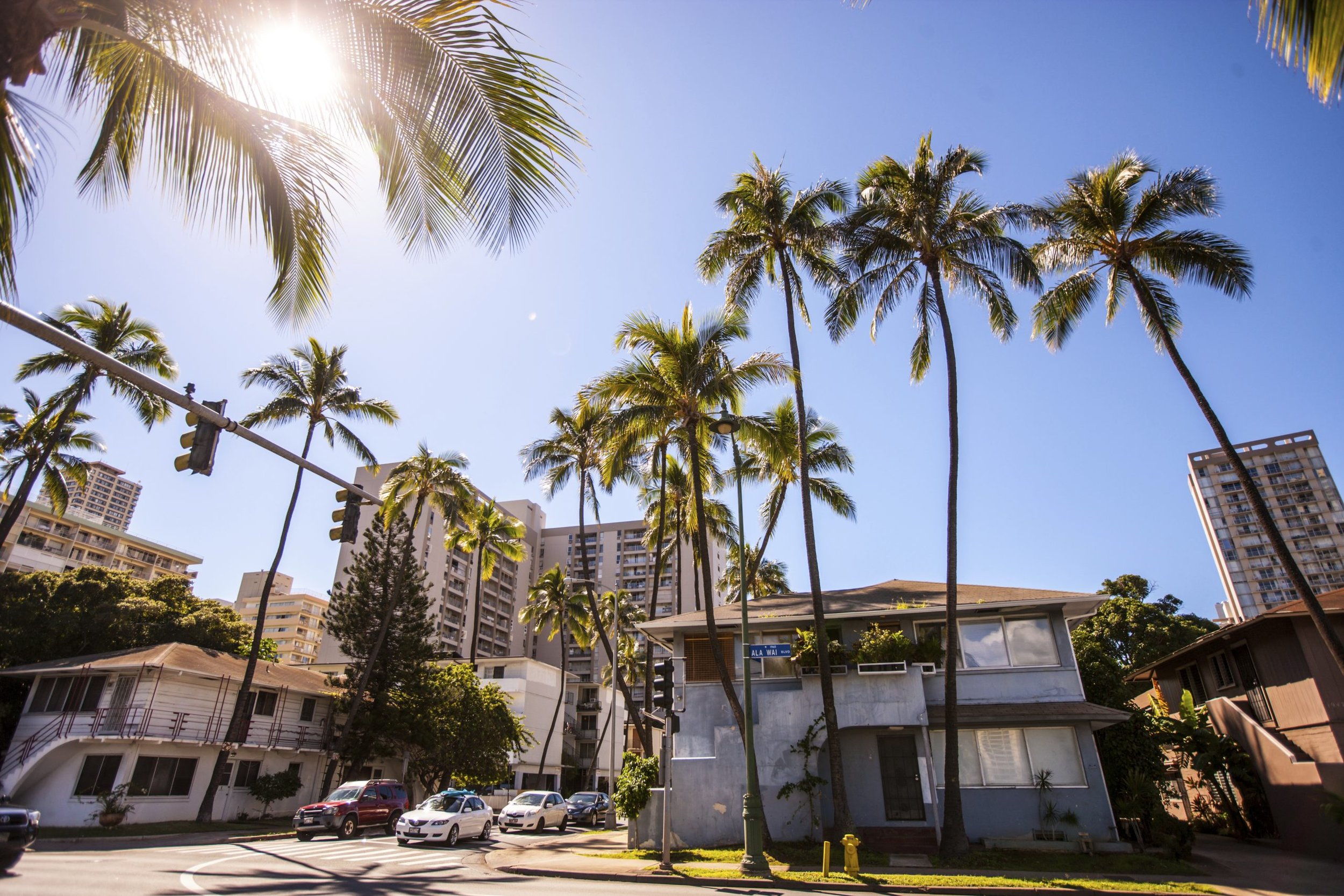
Is an $868,000 home affordable? Hawaiʻi senators say no
Advocates voiced forceful opposition to a so-called affordable housing bill they say is far from affordable. A committee of lawmakers took their side.
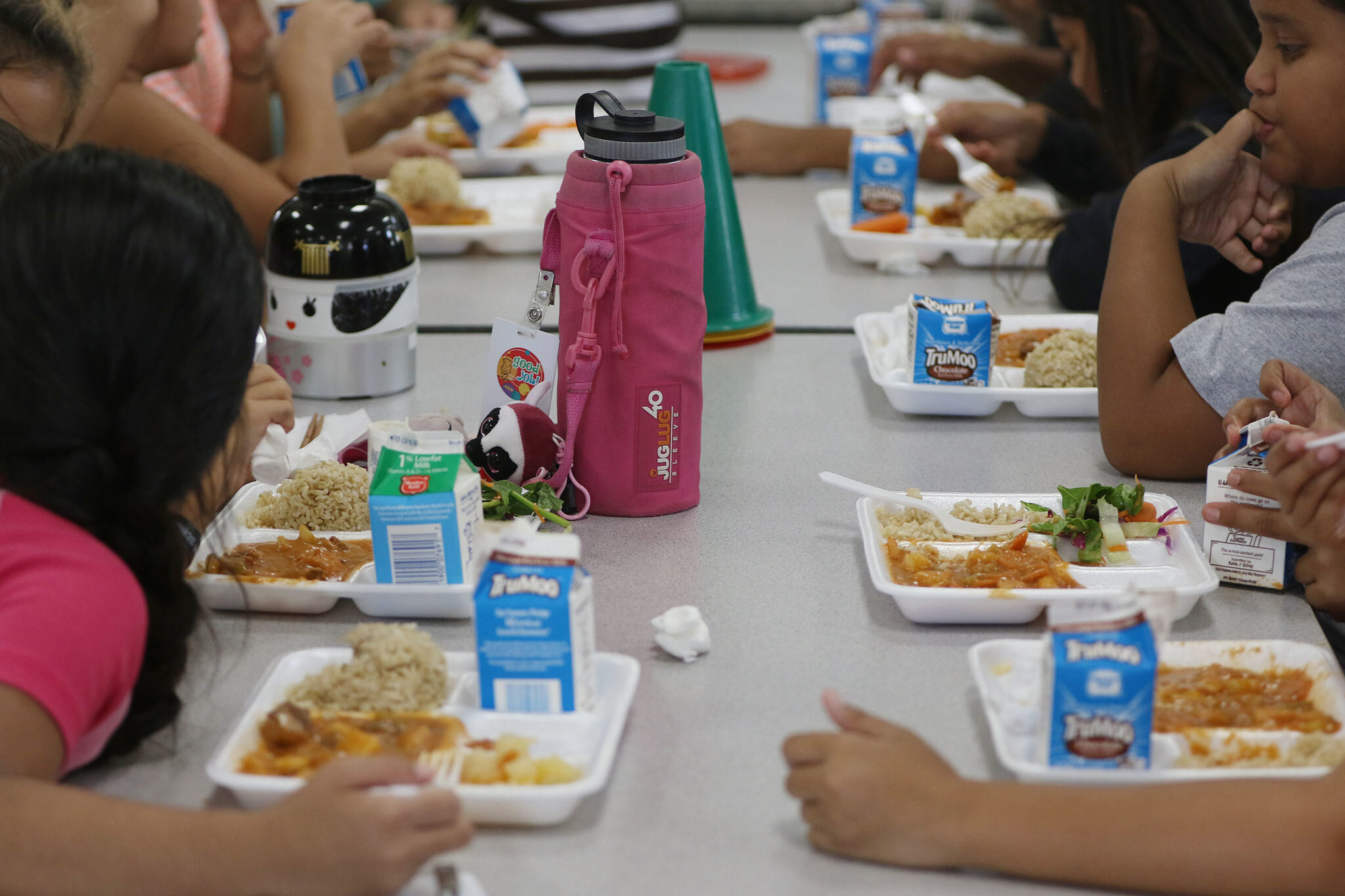
Let’s not roll back on Hawaiʻi schools’ healthy lunch strides
We need to stand up to the Trump Administration’s misguided attempts to weaken nutrition standards.
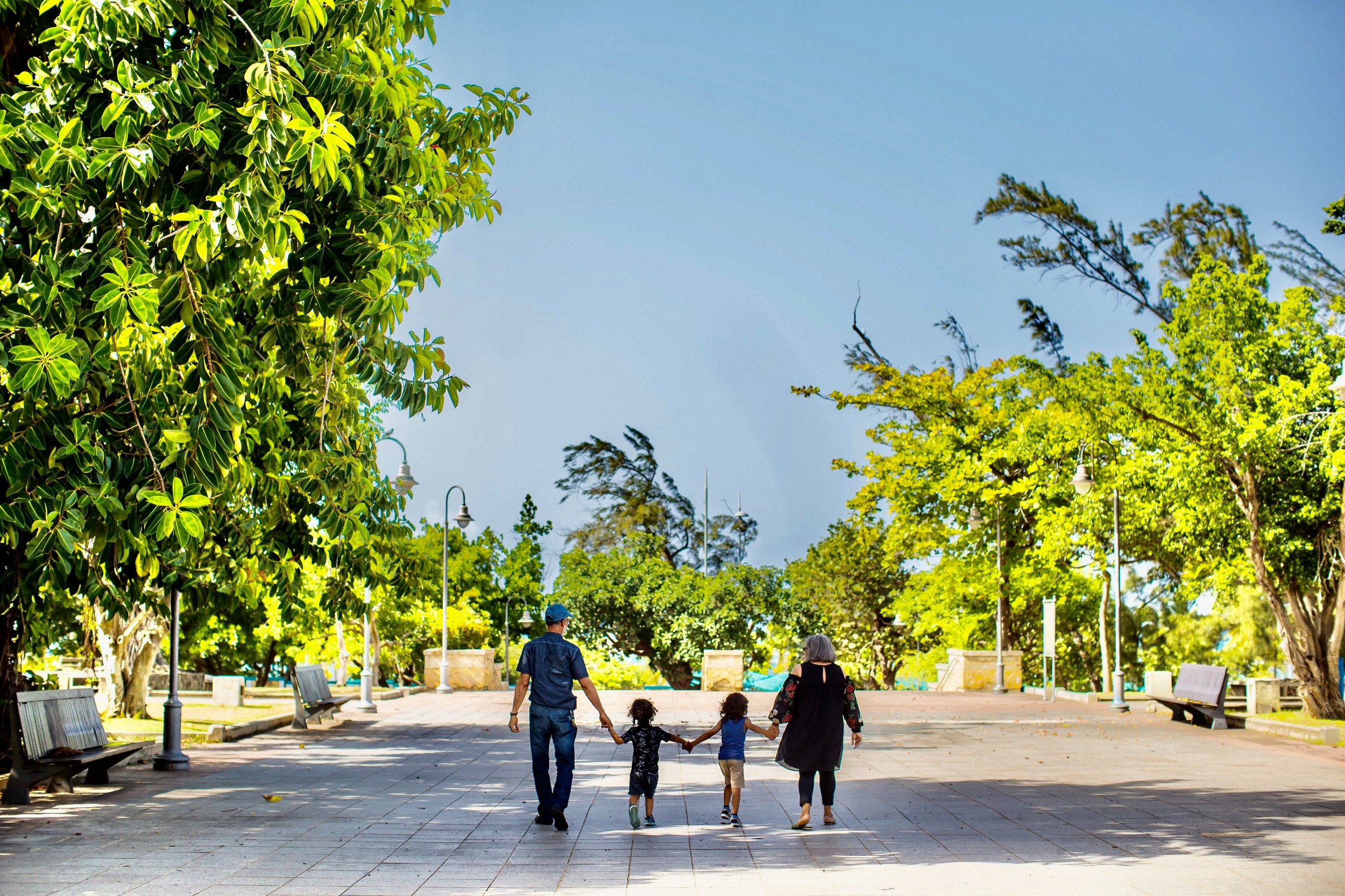
Civil Cafe 2020 legislative preview rehashes minimum wage, homelessness
While it is terrific that state legislators acknowledge that the cost of living is out of reach for most Hawaiʻi residents, it is also clear that the proposed $13 an hour is not a “livable wage.”
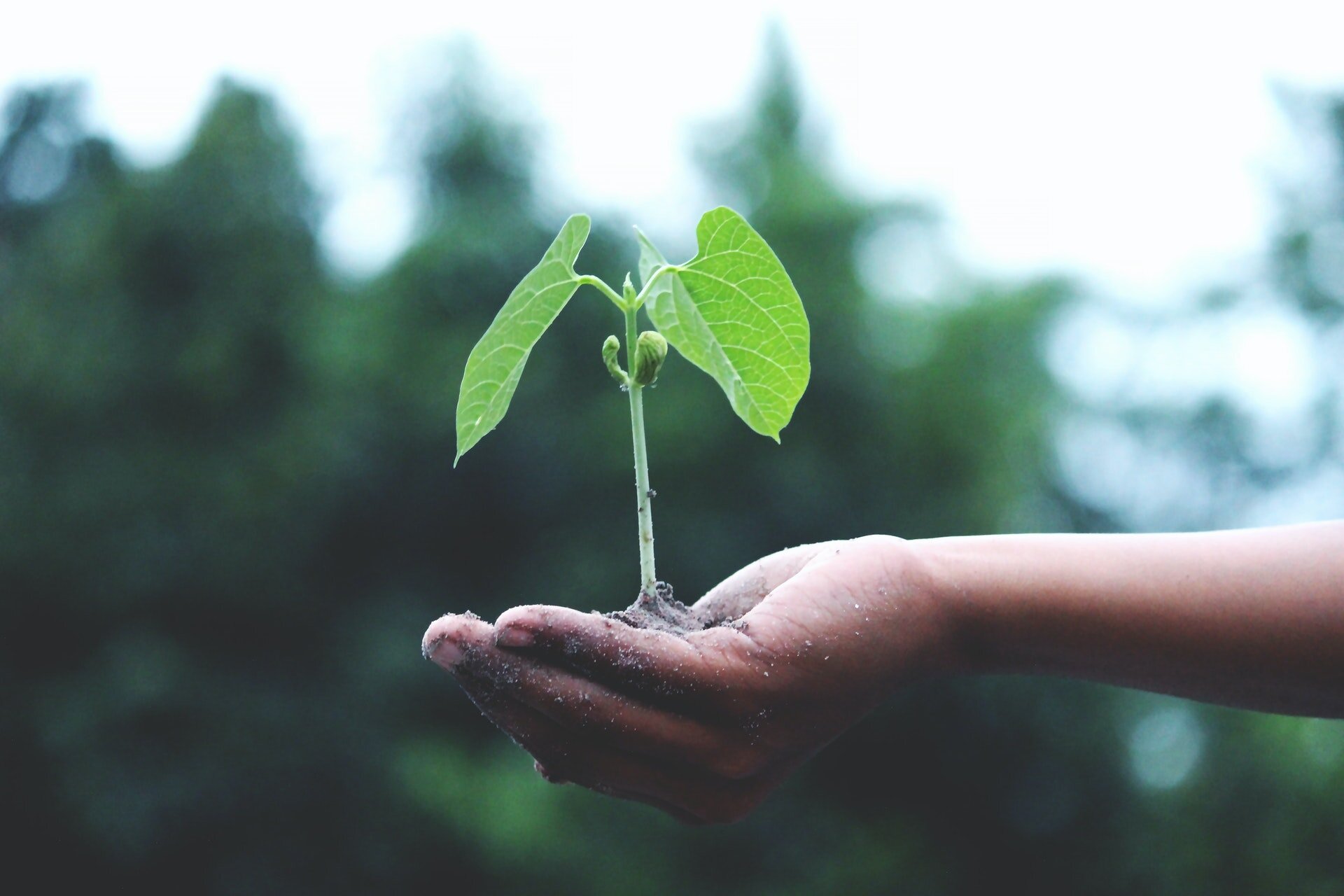
Name in the news: Daniela Spoto, Hawaiʻi Appleseed’s anti-hunger director
In a just-released report, the nonprofit’s assessment of the problem is illustrated with three pillars: access to resources, health and nutrition, and community resilience.

Why Hawaiʻi kids can still be denied school lunches
A 2017 law required schools give students a grace period before withholding meals for those behind in their payments.
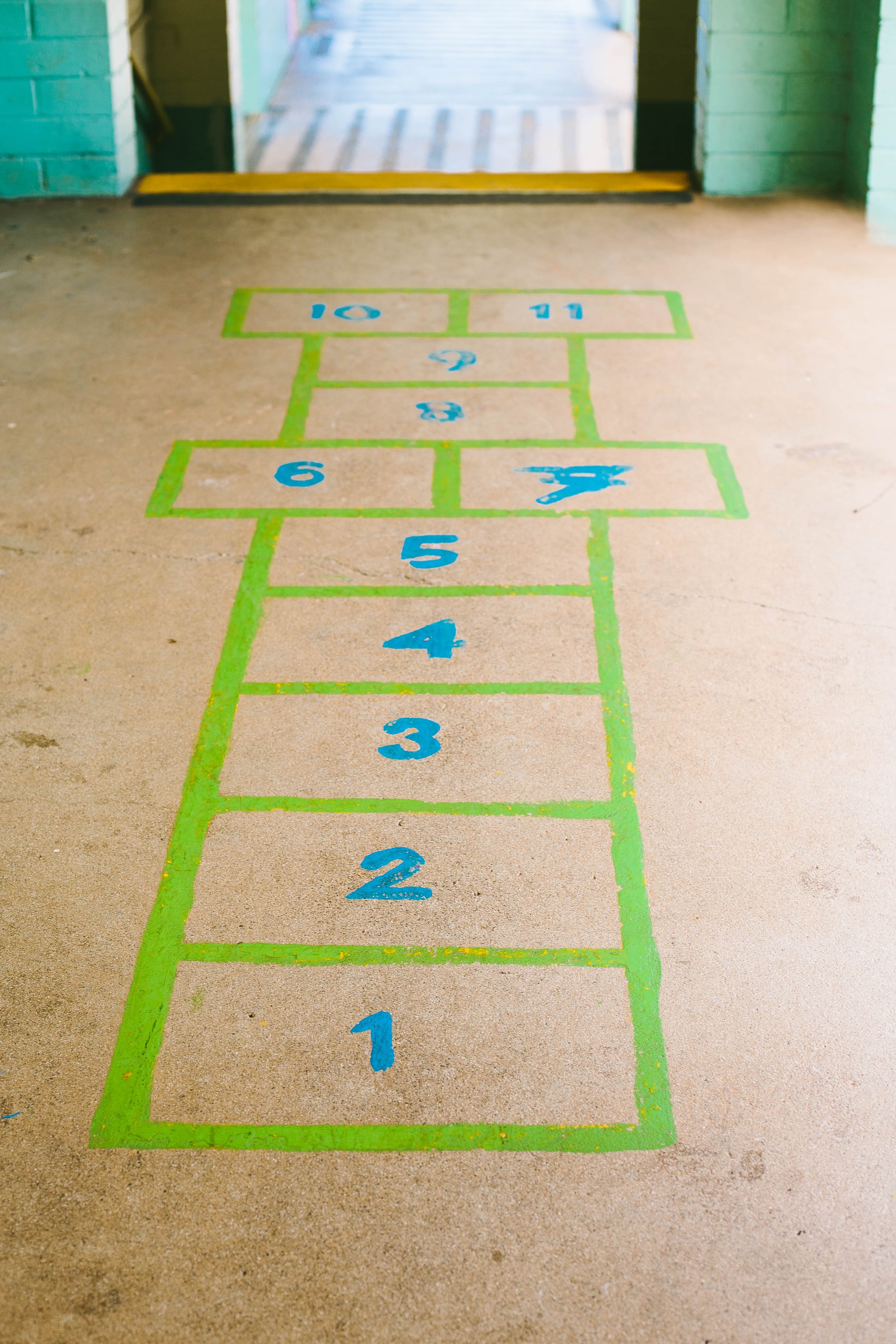
Why the growing demand for AC threatens Hawaiʻi’s renewable energy goals
Far more residents now have air conditioning to deal with a warming climate. But their increased electrical use makes the problem worse.
